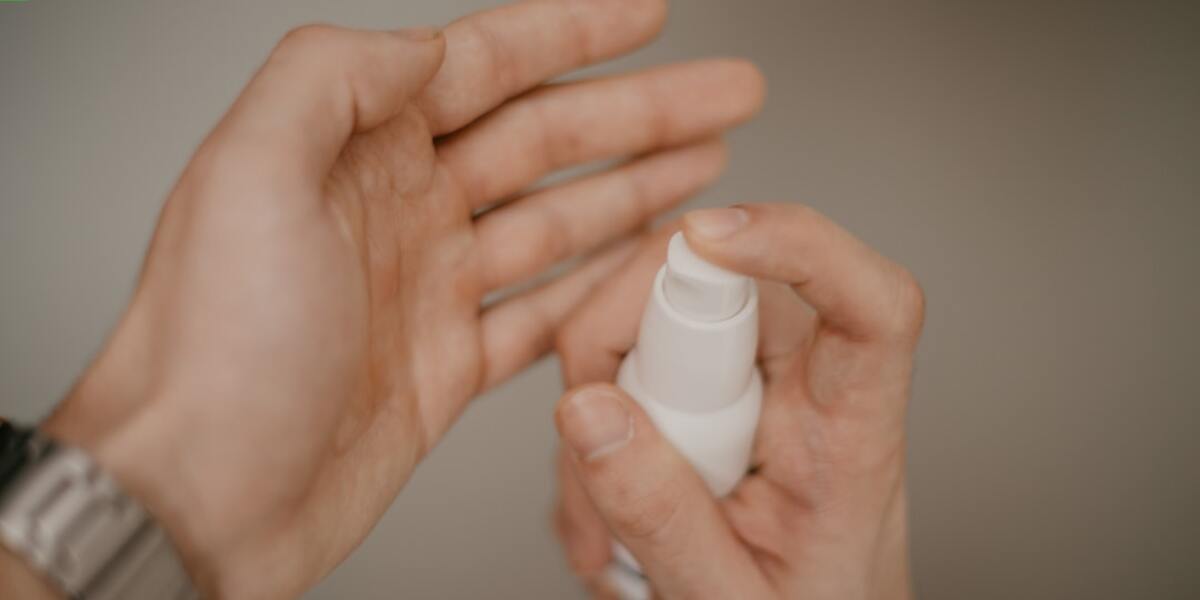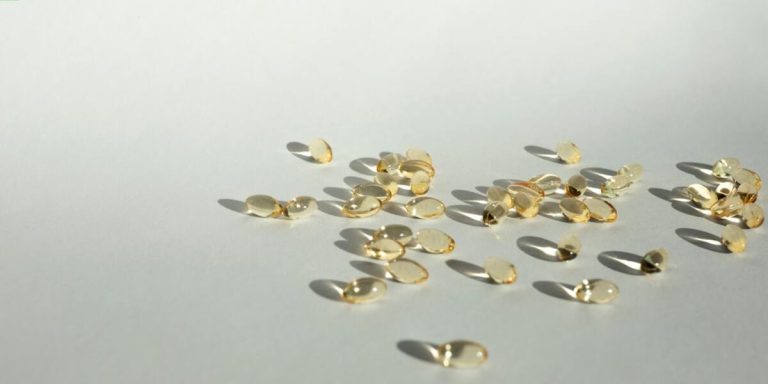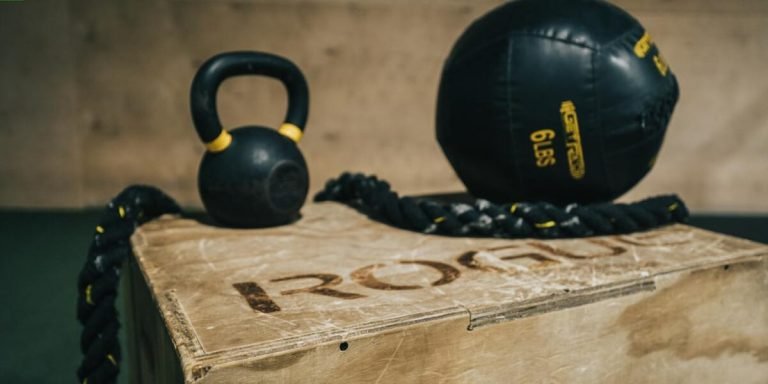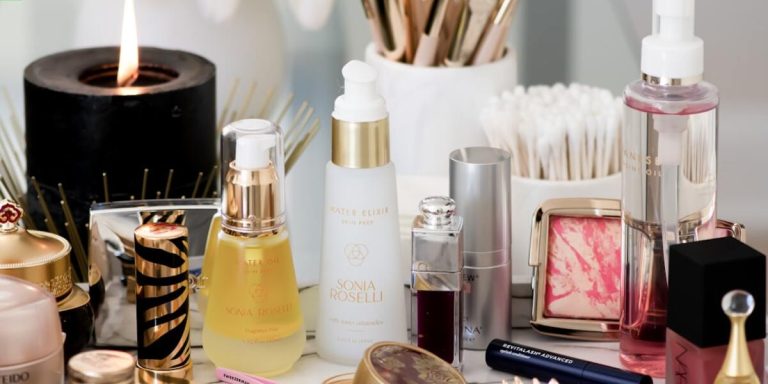Does Prenatal Vitamins Help Hair Growth: Unraveling the Truth
Taking care of your hair involves more than using the right shampoo or conditioner. Many people are asking, “Do prenatal vitamins help hair growth?” This intriguing question deserves a closer look. Packed with essential nutrients, expectant mothers widely use these supplements, but their benefits may extend beyond this group.
Prenatal vitamins contain ingredients like folic acid, iron, and biotin that may help promote healthier hair. Growing interest surrounds their effects on hair density and length even among non-pregnant individuals. If you’re looking for information on whether prenatal vitamins can truly enhance your hair’s health, explore our comprehensive guide for more details.
Did you know?
Interestingly, prenatal vitamins are a common recommendation for hair growth due to their rich composition of folic acid and biotin. These key nutrients contribute significantly towards maintaining healthy hair follicles and stimulating speedy hair growth.
Understanding Prenatal Vitamins and Hair Growth
Prenatal vitamins are gaining popularity for hair growth because they offer essential nutrients not just for pregnancy. These versatile supplements contain a blend of:
- Folic acid
- Calcium
- Iron
These elements help promote healthier hair, benefiting more than just expectant mothers.
Prenatal vitamins promote hair growth through an interesting process. Hair strands are mainly made up of keratin proteins, and prenatal vitamins excel in supporting this structure. Containing a B-vitamin complex, these pills enhance red blood cell production, which in turn boosts the oxygen supply to all cells, including those in your hair.
Another superstar element in prenatals is biotin, which bolsters hair thickness and elasticity to reduce susceptibility to breakage. Additionally, zinc aids in tissue repair and promotes a healthy scalp, creating ideal conditions for growing lush, long locks.
In essence, using prenatal vitamins can indeed help improve overall health not just restricted to maternal needs but also providing extensive support on our journey towards achieving commendable lengths without compromising strength.
Exploring the Link Between Prenatal Supplements and Hair Health
Prenatal vitamins have been a buzzword in the realm of hair growth for quite some time now. People often wonder, “Do prenatal vitamins help hair growth?” Well, to answer that question clearly and concisely – yes, they do.
Let’s dive deeper into how these supplements enhance your locks’ health and volume.
These prenatal nutrients pack essential minerals like iron and folic acid, as well as Vitamins A, C, and D. They create ideal conditions for healthy follicle development, resulting in stronger strands that can withstand daily wear-and-tear. This means fewer breakages and an overall fuller mane.
Iron plays a crucial role here by promoting oxygen transportation towards the scalp thereby stimulating quicker cell reproduction including those responsible for hair production.
Moreover, Vitamin A helps stimulate sebum production on your scalp ensuring well-moisturized locks all day long while its antioxidant properties fight free radicals causing premature graying or thinning out!
Now let’s talk about Folic Acid – another key player in this vitamin army! It assists body cells immensely in tissue generation inclusive of skin tissues boosting not just lustrous tresses but also radiant skin!
Remember though: excess dosage can be harmful as Vitamin A toxicity could lead to adverse effects such as brittle hairs owing to dryness or even possible loss hence moderation is key.
Essential Nutrients in Prenatal Vitamins That Support Hair Growth
Prenatal vitamins can be a game changer for individuals looking to boost their hair growth. These supplements, packed with essential nutrients, benefit not only maternal health and fetal development but also significantly enhance hair thickness, strength, and length.
First on the list is Iron. Adequate levels of this mineral are known to prevent hair thinning as it helps in delivering oxygen to your follicles through the bloodstream – an important process that boosts cell regeneration conducive for healthy mane growth.
Next up, Biotin, or vitamin H, significantly contributes to promoting lustrous locks. Its scientifically proven benefits place biotin among the most sought-after elements in these multivitamins. It helps our bodies break down proteins into amino acids that our hair requires, thus supporting superior quality and rapid hair growth.
Prenatal vitamins contain Vitamin D3, which promotes fast-growing hair. Recent studies show it effectively generates new hair follicles, where new hairs emerge. Vitamin D also has anti-inflammatory properties that protect the scalp from unwarranted damage, ensuring optimal conditions for consistent natural hair growth.
Prenatal vitamins often contain plenty of zinc, known for its excellent repair properties and essential role in high-quality fur nurturing solutions. Zinc ensures strengthened hair strands from the roots to the tips, which prevents excessive shedding during regular brushing or washing.
Comparing Prenatal Vitamins with Standard Hair Growth Supplements
Prenatal vitamins have risen in popularity as a go-to solution for those seeking luscious locks in the realm of hair growth. But how do they stack up against standard hair growth supplements on the market? Let’s examine this intriguing topic closely.
Prenatal vitamins specifically cater to pregnant women, providing high concentrations of nutrients including folic acid, iron, and biotin. These nutrients promote healthy cell growth, including hair growth. Many people assume that since these dosages exceed those in regular multivitamins or specialized hair supplements, they might offer additional benefits for accelerating hair growth.
Dedicated hair growth vitamins typically include ingredients that:
- Improve scalp wellbeing.
- Enhance follicle function.
Key components often found in these formulations are:
- Vitamin E, which improves blood circulation.
- Biotin, which promotes keratin production.
- Niacin, which aids in scalp repair.
These ingredients optimize the body’s natural capacity to accelerate hair growth from root to tip and minimize fallout.
In conclusion, prenatal vitamins’ ability to boost hair health isn’t a simple yes-or-no answer. It largely depends on individual nutrient needs and deficiencies to determine the ideal supplement, whether prenatal or those marketed specifically for hair health.
Key Ingredients Analysis: What Sets Them Apart?
While looking at prenatal vitamins and standard hair growth supplements, it’s important to analyze the key ingredients that set them apart. This analysis can help better understand whether or not prenatal vitamins aid in hair growth.
- Folic Acid
- Iron
- Calcium
- Iodine
Interestingly, they also include Biotin (Vitamin B7), which aids in cell reproduction and can improve skin health, strengthen nails, and enhance hair growth.
Hair growth supplements are specifically crafted to target issues such as scalp condition or a slowdown in growing healthy, thick strands. These products typically focus on essentials like:
- Vitamin E for its antioxidant properties
- Omega-3 fatty acids for promoting scalp health
- Protein for playing an essential role in creating new follicle cells
They are potent against common woes such as thinning and breakage.
Efficacy of Prenatal vs. Traditional Hair Care Vitamins for Non-Pregnant Individuals
In recent years, the use of prenatal vitamins for hair growth among non-pregnant individuals has sparked a new trend. People are keen to understand whether these supplements can offer superior results compared to traditional hair care vitamins.
Prenatal vitamins significantly enhance overall health after conception, according to scientific research. These vitamins provide essential nutrients such as iron, calcium, and folic acid, along with significant amounts of Vitamins A, C, and D. Many people believe these vitamins can also improve hair quality due to their robust nutritional profile.
However diving deeper into this topic- it becomes apparent that while Prenatalvitamins do help in maintaining general wellbeing effectively; their actual efficiency concerning boosting external aspects such as nails & hairs remains still debatable.
Traditional hair growth supplements are specifically designed for your tresses. They contain high concentrations of biotin, Vitamin E, and B-complex, which are crucial in cell regeneration. These ingredients promote length, strength, and volume in each strand from root to tip. Thus, they offer better coverage overall.
The Science Behind Using Prenatal Vitamins for Enhanced Hair Growth
Prenatal vitamins are often credited with improving hair growth. The concentrated nutrients found in these supplements, including Iron, which stimulates hair follicle turnover, and Folic acid, which promotes healthier hair growth, are beneficial for maintaining luscious locks.
Our bodies process these ingredients in a way that reveals the secret. Iron reduces anemia risk, a common cause of weak strands or stunted hair growth. It ensures proper oxygen circulation in blood vessels, creating a thriving scalp for optimal hair growth.
Additionally, consider folic acid, also known as Vitamin B9. This key nutrient aids cell division in your hair’s growing roots, commonly termed basal cells. It promotes rapid multiplication and contributes to a voluminous, thick mane that we all desire. Folic acid underscores the positive effects of prenatal vitamin consumption on hair health.
Investigating How Pregnancy Hormones Influence Vitamin Effectiveness on Hair
Pregnancy introduces a hormonal carnival in the body, which is often credited for glowing skin and luscious hair. But how much of it can be linked to prenatal vitamins? Can they really help with hair growth even if you are not pregnant?
The hormones progesterone and estrogen surge during pregnancy, resulting in enhanced circulation and nutrient delivery to your follicles, leading to healthy hair. Vitamin B6 helps regulate these hormones outside of pregnancy as well.
- Folic acid (vitamin B9), necessary for cell regeneration
- Iron, which prevents anemia-related thinning
- Zinc, to strengthen your strands’ protein structure
- Vitamins A and C, required for sebum production and collagen formation respectively
Biotin (Vitamin H) deserves special mention given its prominence among all Hair Growth Vitamins known today due its role in keratin synthesis – the primary substance our tresses are made up from.
This doesn’t mean we start popping pills blindly though! While prenatals generally won’t cause harm when taken by non-pregnant individuals but having excessively high levels of certain components like Iron may lead to issues such constipation or nausea.
For people suffering from Alopecia conditions usually caused by nutritional deficiencies?, taking targeted supplements might just fill those gaps sufficiently enough instead resorting on full-on Prenatals—unless prescribed otherwise their clinicians course!
Clinical Studies on Non-Pregnant Individuals Taking Prenatal Supplements
Several clinical studies have demonstrated the impact of prenatal vitamins on hair growth in non-pregnant individuals. Prenatal supplements, primarily designed for expecting mothers, are packed with potent nutrients like folic acid, iron and biotin that can provide sheer benefits to your hair.
Firstly, consider a study published by Dermatology Practical & Conceptual Journal in 2022. It involved a group of non-pregnant women who took prenatal vitamins over six months. Astonishingly enough, they witnessed significant hair growth compared to their placebo-receiving counterparts.
Another research conducted last year under the International Society of Hair Research (ISHR) umbrella yielded interesting results. This study focused specifically on the Biotin content in these tablets, an essential component that promotes cellular proliferation and aids in keratin infrastructure, a protein vital to healthy hair’s primary structure.
Additionally, a Japanese trial conducted at Tohoku University’s Medical School in early 2023 revealed potential connections between iron intake from prenatal pills and a reduced number of alopecia cases typically caused by iron deficiency-induced alterations in the normal hair cycle.
There’s also noteworthy evidence linking Folic Acid supplementation with promising signs about bettering overall scalp health—again strengthening claims surrounding improved tress wellness upon consuming prenatals even if you’re not pregnant.
Conclusion
So, do prenatal vitamins help hair growth? The evidence and numerous testimonials we’ve explored indicate they can play a part. Remember that while these supplements may help you achieve luscious locks, they are not an overnight miracle for baldness or severe hair loss conditions.
Continue exploring powerful solutions for strong, beautiful tresses on our website. Learn about “Hair Growth Vitamins” by examining their benefits, comparing them with similar products, and discovering more valuable guidance tailored for you. Better days and better hairstyles await the informed!







